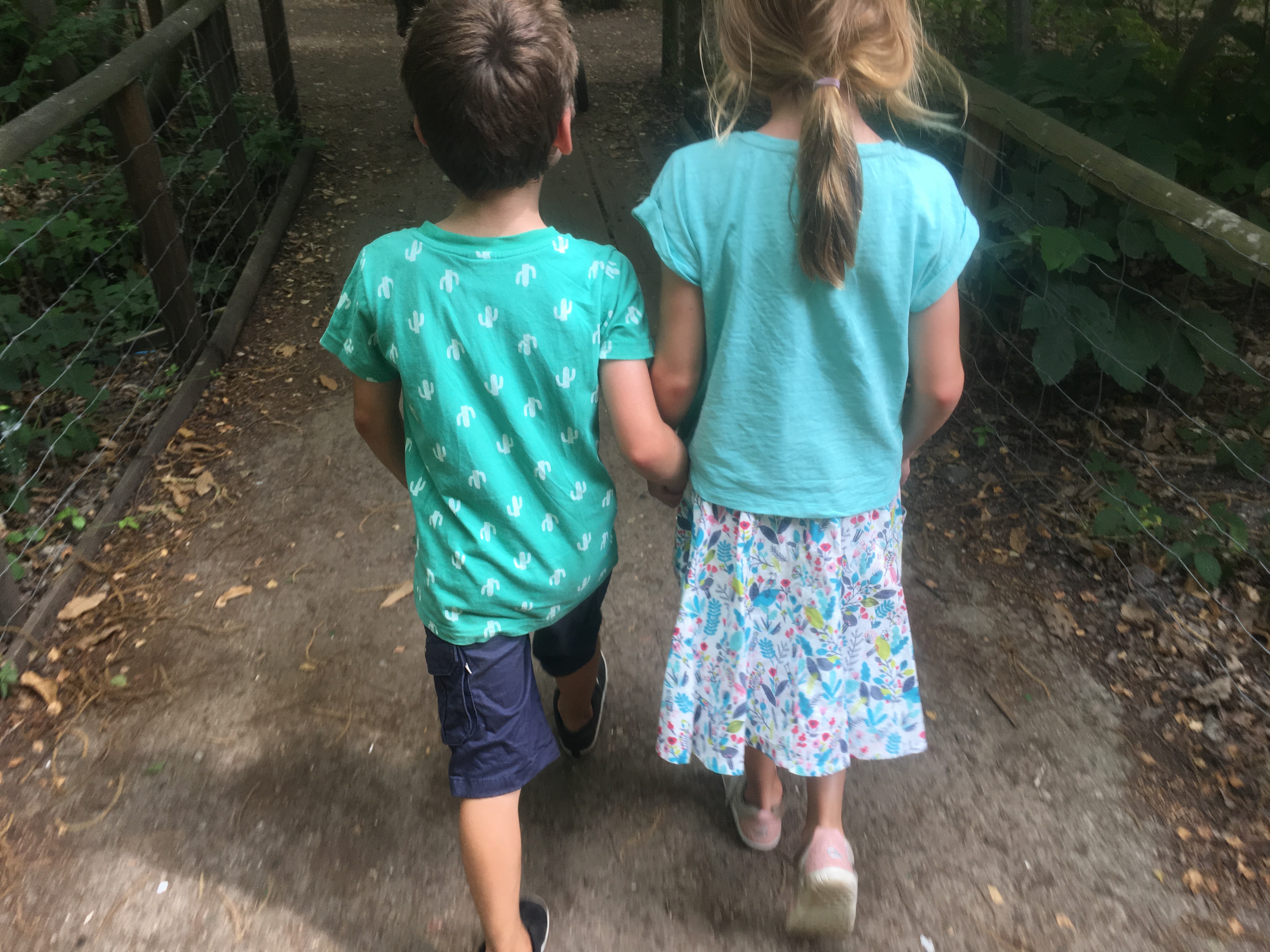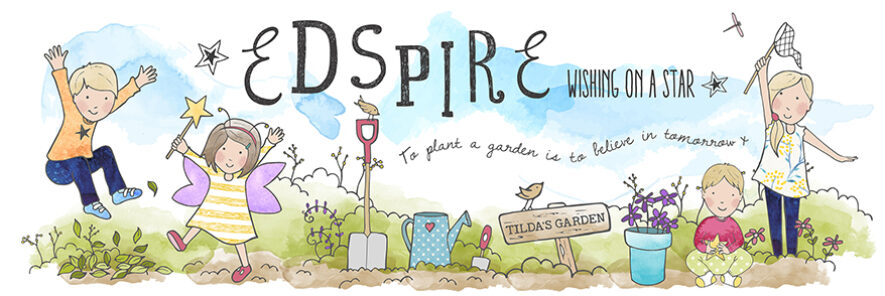Schoolbag in hand, she leaves home in the early morning
Waving goodbye with an absent-minded smile
I watch her go with a surge of that well-known sadness
And I have to sit down for a while
The feeling that I’m losing her forever
And without really entering her world
I’m glad whenever I can share her laughter
That funny little girl
Slipping through my fingers all the time
I try to capture every minute
The feeling in it
Slipping through my fingers all the time
Do I really see what’s in her mind
Each time I think I’m close to knowing
She keeps on growing
Slipping through my fingers all the time
I have been very aware recently
That my children are growing
If Esther and William were at school
This September would see them begin Key Stage 2
Year 3
We have started thinking about our future
Their future
And when and where they might go to secondary school
I hear such mixed reports about the schools near where we live
I hear stories of exam factories and poor pastoral care
Schools pushing pupils too hard
Piling on too much pressure
Stories of bullying
Self harm
A worrying barrage of tales of mental health problems in schools
I am worried about the future for our children
Of course I am
I want Esther and William to go to secondary school
My senior school years were some of the best of my life
I loved my lessons and my teachers
And I loved my friends
I loved being in school plays
And being part of all the extra things that school brings
But I went to school in Germany
In a small British Forces secondary school
It was safe
It was an amazing place to have space to grow
And make the most of my teenage years
I want to find a small, safe, nurturing secondary school
For our children too
Soon I think we will start looking at schools
The complexities of comprehensives and the grammar system
Living in Kent
We have to play the game
But mostly I want to know that my children will be happy
I want to give them the tools they need
To be confident in themselves
I want them to be secure in who they are
And to have values they believe in
And I want them to know that no matter what
David and I will always, always be here

Does it feel like you’re always towing a line between letting your kids experience life and getting involved before they get hurt?
If so, you’re a parent.
Most people want to avoid the helicopter parenting style, although there are some advocates, but no one likes seeing their kids get hurt. Unfortunately, helicopter parent or not, we can’t protect our child from everything.
And ultimately, we shouldn’t try.
It’s important for children to experience pain and hurt while you’re there to help them through it. This way, they can learn healthy coping mechanisms that will help them through difficult times in adulthood.
Here are a few ideas to help you through those moments.
Listen to your child
When your child is hurting, be sure to listen to what they have to say. You may think you know what they’re feeling, but you can’t be sure until they verbalize it. Remember that tears could be a sign of sadness, anger or happiness. Don’t approach the situation as if you know everything. Your child is the only expert on what he or she is thinking or feeling.As important as it is for you to hear what your child has to say, it’s also crucial that your child feels heard. Be sure to give him or her your undivided attention.
Ask questions
Depending on your child’s age and emotional maturity, he or she may not always be able to verbalize what they’re feeling. Ask questions about the situation to help get your child talking.
If it’s a sensitive subject, like drug addiction or grief, you may want to ask some warmup questions before you get to the feelings. Start by asking about the facts of the situation to get your child talking about what happened.
This is good to do even if you were present during the event, but in that case, you may frame the questions differently.Once you get your child talking about what happened, it’s time to tackle the feelings behind what happened. Try to get your child to talk about how he or she is feeling.
Validate and empathise
It’s important for your child to know that his or her feelings are valid. It’s okay to feel hurt when you’ve experienced a disappointment. It’s okay to feel sad if someone wasn’t nice to you.Share similar experiences that you’ve had and talk about how you felt at the time.
Empathizing with your child can help him or her feel like they’re not alone – and that’s a powerful tool. Identifying negative feelings is the first step in letting them go.Give your child tools to move on
While it’s okay to feel sad or angry, your child should also know how to move past these feelings. After you’ve helped your child identify their negative feelings, talk about the importance of letting go.
This is a crucial step in helping your child heal. If he or she holds on to negativity, it gives the hurtful thing power. That hurtful thing will continue to hurt them.But if you teach your child how to get over these things, not only will they get past this hurt, but they’ll know how to overcome future hurts and ultimately find happiness.
When you teach your children to deal with hurt and negative feelings, they’ll be less likely to suffer from depression and anxiety. And they’ll be less likely to self-medicate with drugs and alcohol. Teen drug addiction is a large and growing problem, and it’s one hurt that we all want to help our kids avoid.
This is a collaborative post
